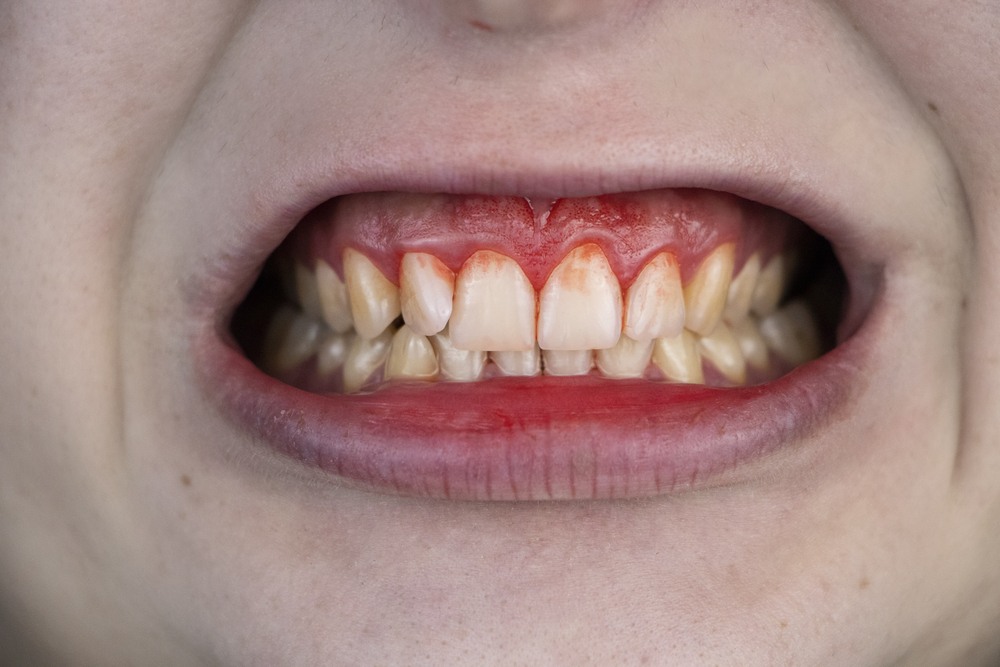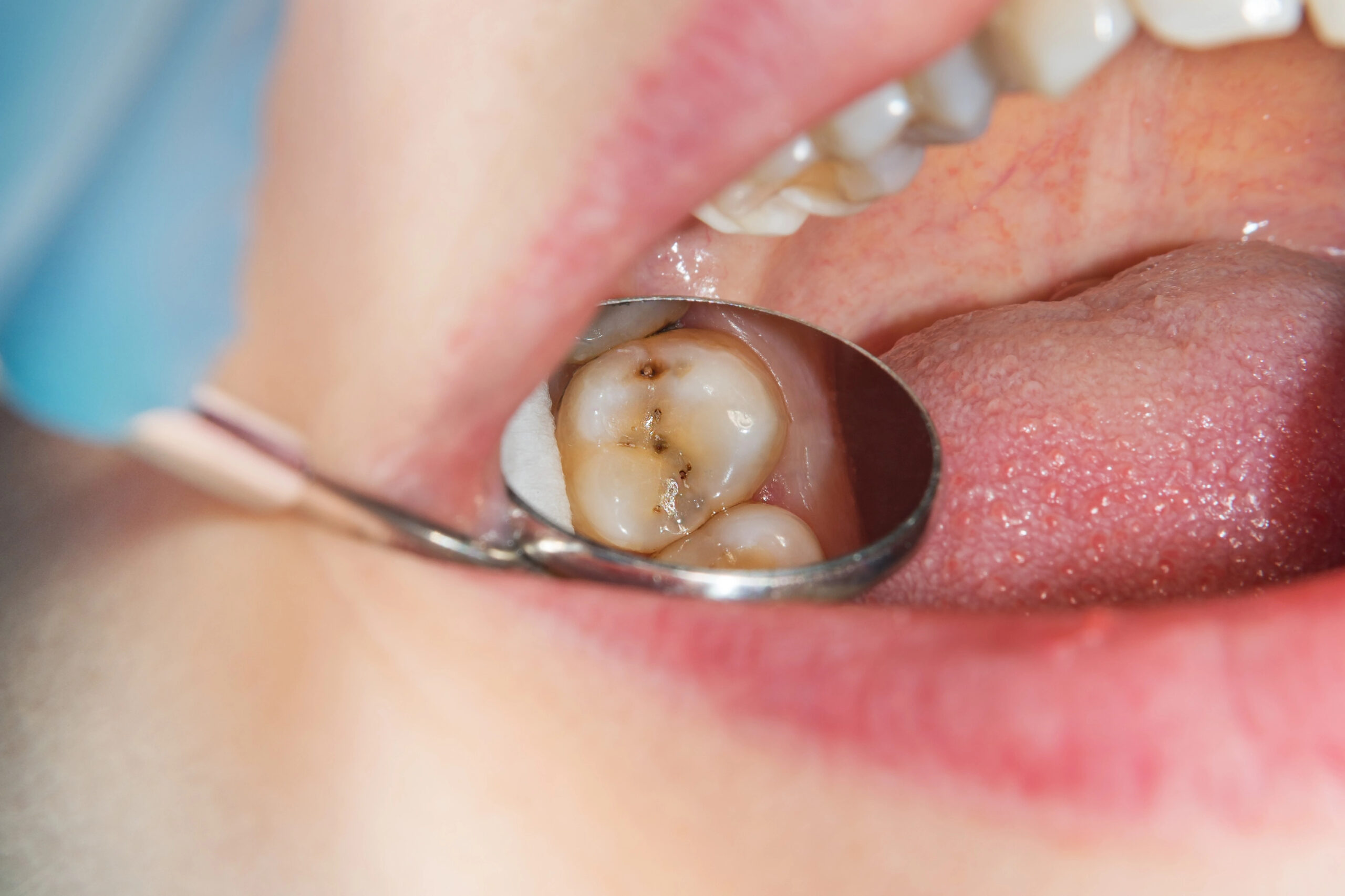The Link Between Sleep Deprivation and Oral Hygiene
Oct 17, 2025

Most people know that a good night’s sleep is important for feeling refreshed and alert. But did you know that lack of sleep can also affect the health of your teeth and gums? Sleep deprivation doesn’t just leave you tired—it can weaken your immune system, affect your habits, and increase your risk of serious oral health problems.
How Sleep Impacts Your Oral Health
Sleep plays a critical role in your body’s ability to repair and restore itself. While you sleep, your immune system strengthens, your tissues heal, and your body maintains balance. Without enough rest, your mouth is one of the first places that shows signs of trouble.
The reason is simple: your oral health depends on both a strong immune system and consistent daily habits. Sleep deprivation can disrupt both, creating a ripple effect that harms your teeth and gums over time.
Weakened Immune System and Gum Disease
When you don’t sleep enough, your body produces higher levels of stress hormones like cortisol. Elevated cortisol weakens your immune system, making it harder to fight off infections.
This matters because gum disease is essentially a bacterial infection. Without a strong immune response, plaque buildup can quickly progress to gingivitis (inflammation and bleeding gums) and, in severe cases, periodontitis (advanced gum disease that can lead to tooth loss).
In short, poor sleep makes your gums more vulnerable to infection and slows healing when problems arise.
Increased Risk of Cavities
Sleep deprivation also disrupts your body’s natural saliva production. Saliva is your mouth’s built-in defense system—it washes away food particles, neutralizes acids, and helps prevent cavity-causing bacteria from thriving.
When you’re short on sleep, dry mouth becomes more common, and with less saliva, harmful bacteria gain the upper hand. Over time, this raises your risk of developing cavities.
Bruxism and Sleep Disorders
Another important link between sleep and oral health is bruxism, or teeth grinding. Sleep deprivation and stress often go hand in hand, and both can increase grinding during the night.
Chronic bruxism can lead to enamel wear, sensitivity, cracks in teeth, jaw pain, and temporomandibular joint (TMJ) disorders.
In addition, sleep disorders like sleep apnea are often associated with both poor sleep quality and oral health complications, including dry mouth and an increased risk of gum disease.
How Sleep Habits Affect Oral Hygiene Routines
It’s not just the physical effects of sleep deprivation that harm your oral health—your daily habits can also take a hit.
When you’re tired, it’s easy to skip brushing and flossing before bed, or to rush through your morning routine. Over time, even small lapses in care give plaque and bacteria the opportunity to cause damage.
Inconsistent oral hygiene paired with a weakened immune system creates the perfect environment for dental problems to develop.
Signs Your Oral Health May Be Affected by Poor Sleep
If you’re not getting enough rest, you may notice oral health issues creeping up. Some common signs include:
- Bleeding gums when brushing or flossing
- Persistent bad breath
- Increased cavities despite regular brushing
- Jaw pain, headaches, or tooth sensitivity
- Frequent dry mouth
These symptoms can be early warnings that lack of sleep is impacting your oral hygiene.

Tips To Protect Your Teeth While Improving Sleep
The good news is that small changes can make a big difference for both your sleep quality and your smile. Here are some steps to try:
Stick to a Consistent Bedtime
Going to bed and waking up at the same time every day helps regulate your body’s natural sleep cycle, making it easier to get quality rest.
Prioritize Oral Hygiene Before Bed
Even when you’re tired, don’t skip brushing and flossing. Cleaning your teeth before sleep prevents bacteria from feeding on leftover food particles overnight.
Address Stress
Stress and sleep deprivation are closely linked. Try stress-reducing techniques like yoga, meditation, or deep breathing to help calm your mind before bedtime.
Avoid Late-Night Snacks
Eating right before bed can increase acid in your mouth and give bacteria fuel to grow overnight. If you’re hungry, choose tooth-friendly options like cheese or almonds.
Talk to Your Dentist
If you suspect you’re grinding your teeth or have symptoms of sleep apnea, your dentist may be able to help with a custom night guard or referrals for further evaluation.
Why Dental Checkups Are Even More Important
Regular dental visits become especially important if you’re struggling with sleep. Your dentist can spot early signs of gum disease, cavities, or grinding before they cause major problems. Preventive care, like professional cleanings and exams, can help protect your oral health while you work on improving your sleep routine.
Final Thoughts
Sleep and oral health are more closely connected than many people realize. Lack of rest weakens your immune system, increases your risk of gum disease and cavities, and makes it harder to keep up with daily dental care. By improving your sleep habits and staying consistent with oral hygiene, you can protect both your health and your smile.
If you’re concerned that sleep deprivation is affecting your teeth or gums, don’t wait—schedule a visit with your dentist. With the right care and guidance, you can get back on track toward healthier sleep and a healthier smile.
For informational purposes only.











